One of the problems of having a non birding partner is that the best light of the day co-incided with a) breakfast b) pre-dinorial drinks. What the heck, who cares, after a while you start to get a little birded out anyway.
My tactic became an hour or two in the morning until it became too hot then retreat until later in the afternoon for another hour or so until the need for a thirst quencher became to great to ignore. One of the big advantages of staying in one locality is that you begin to discover regular territories, perches and habits of the local residents and that's not just the birds either!
Sometimes I just got a bit lucky and would stumble across a bird like this Fine-spotted Woodpecker.
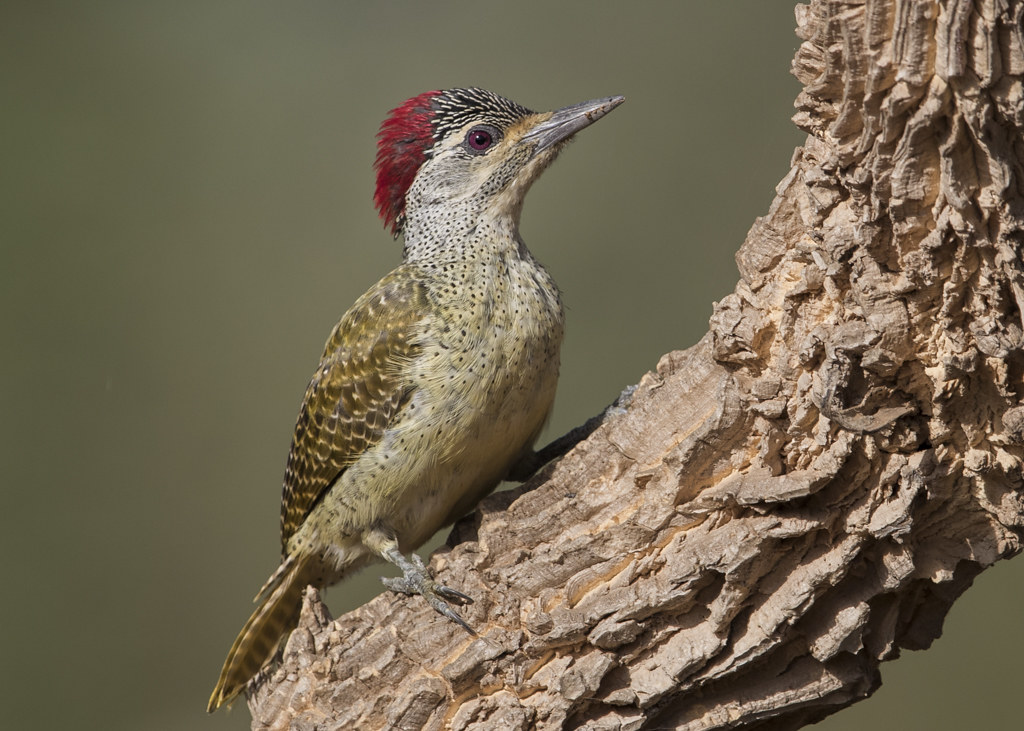
or the elusive Oriole Warbler
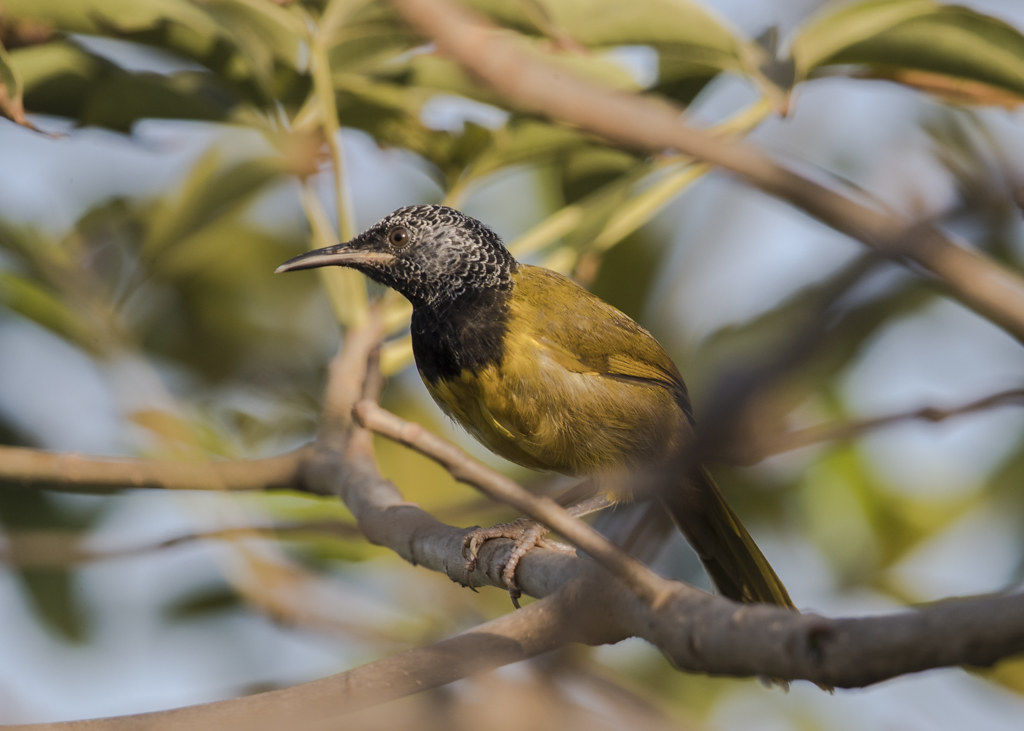
Sometimes the views were obscured and the best you could manage were a grab shot like that one.Sometimes you had plenty of time to try and capture a decent image.
A Yellow-billed Kite with a dead fish washed up on the beach.
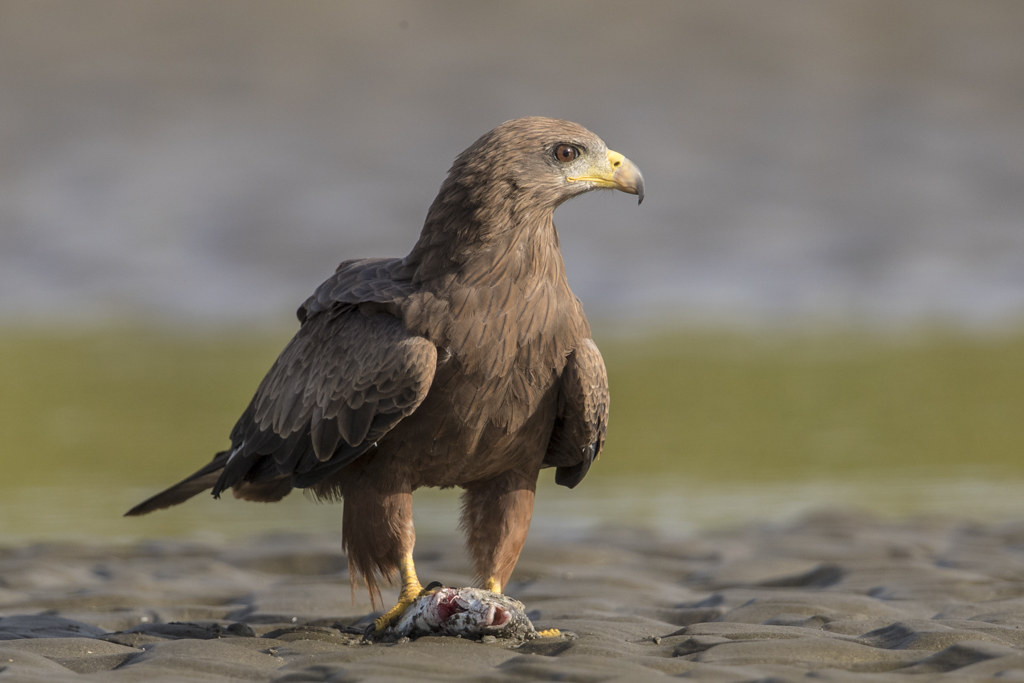
An easy meal for these carrion feeders.
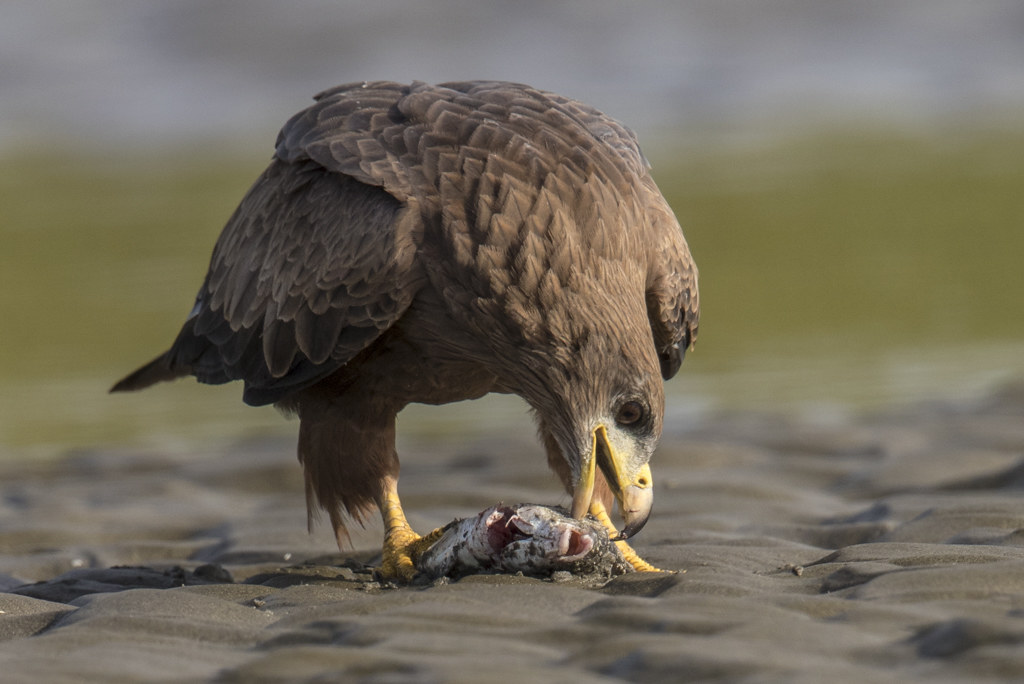
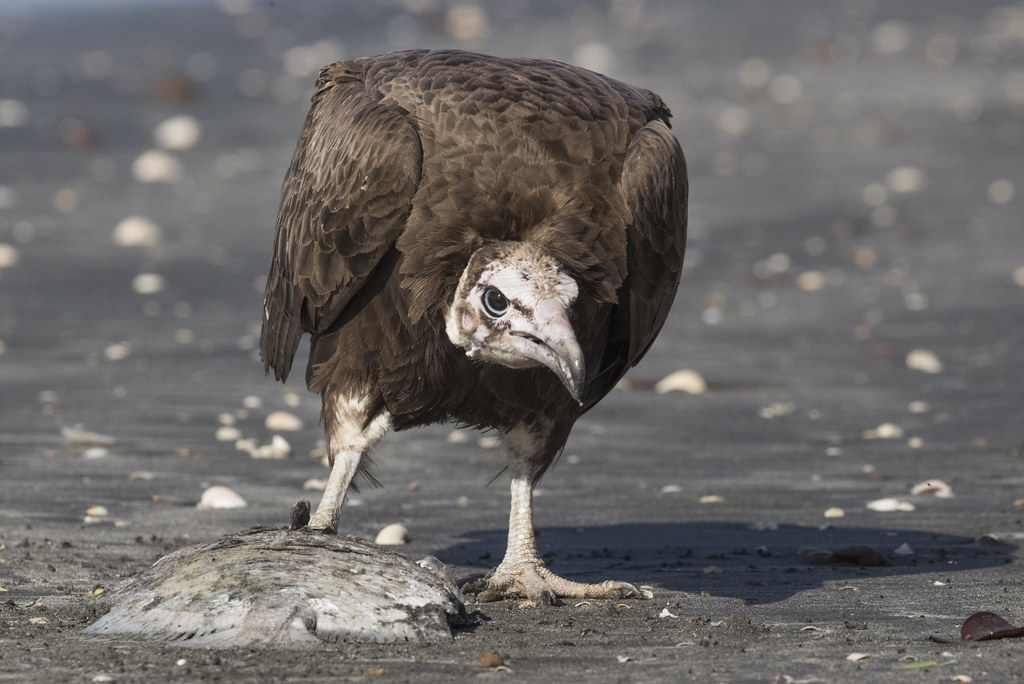
The Hooded Vulture wasn't quite having it all it's own way though and I witnessed some rather odd behaviour from a Pied Crow that joined it.
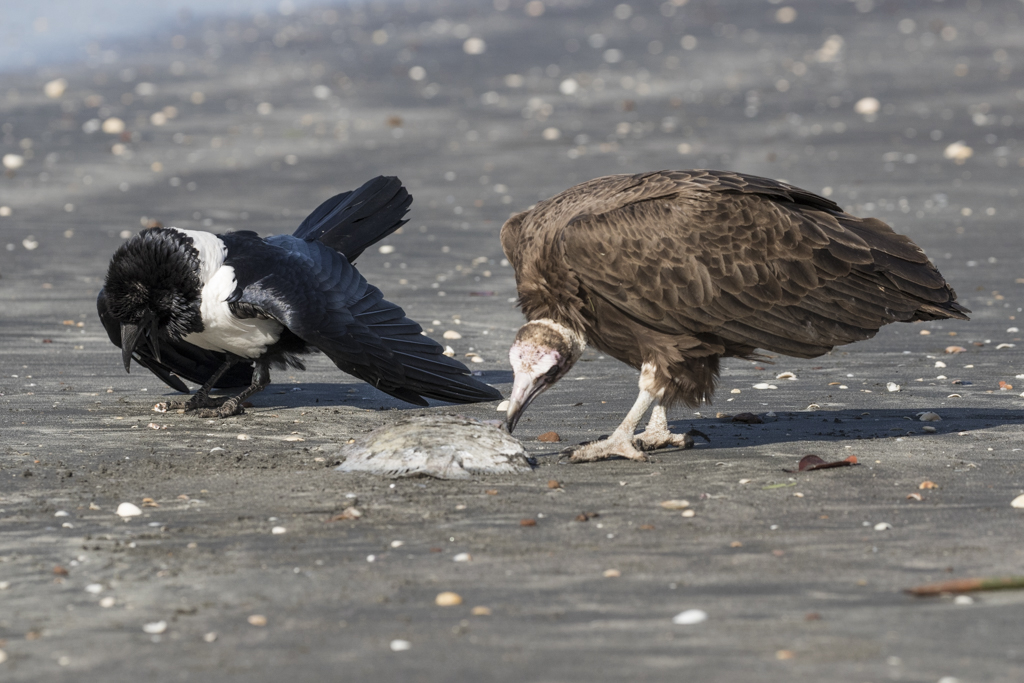
Initially it tried to distract the Vulture by tugging at it's tail feathers, then it came up alongside it and performed a weird display routine, a bit reminiscent of native American tribal dances.
Very interesting to watch and hear.
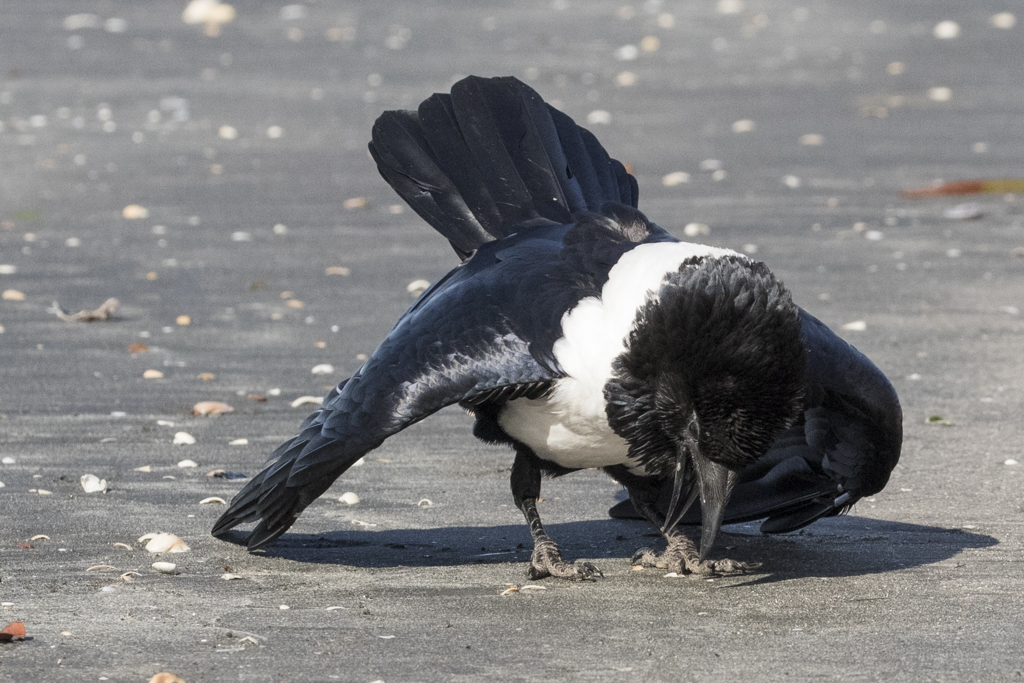
I'm not sure what the purpose was although before long it was joined by one or two more. Passing tourists flushed the lot in the end so there were no winners, just losers I guess.
Another regular on the waters edge down on the beach was the Western Reef Egret. Now I'd already seen plenty of fish catching action at the little pool I'd found.
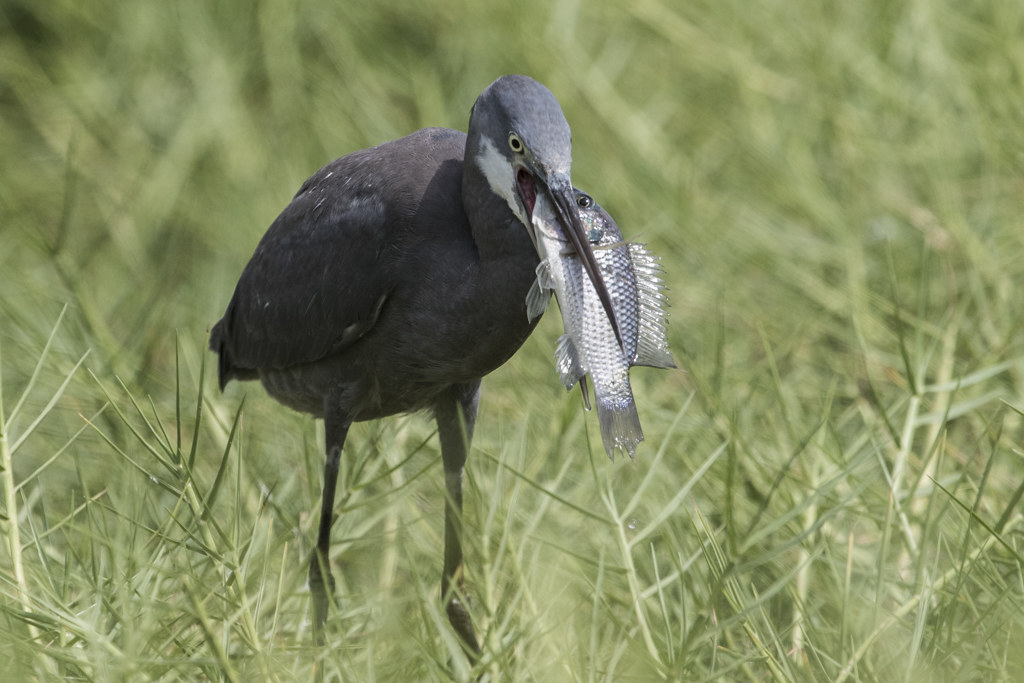
But now that was fished out we were back to having to work hard for a decent meal it seemed.
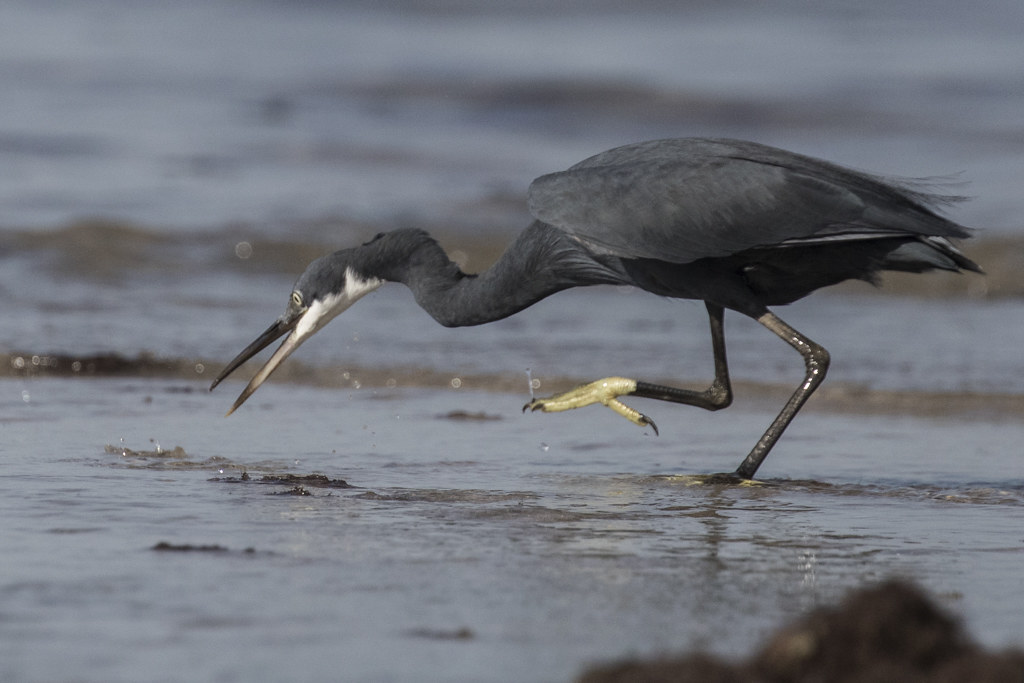
bit of a difference in calorie intake there.
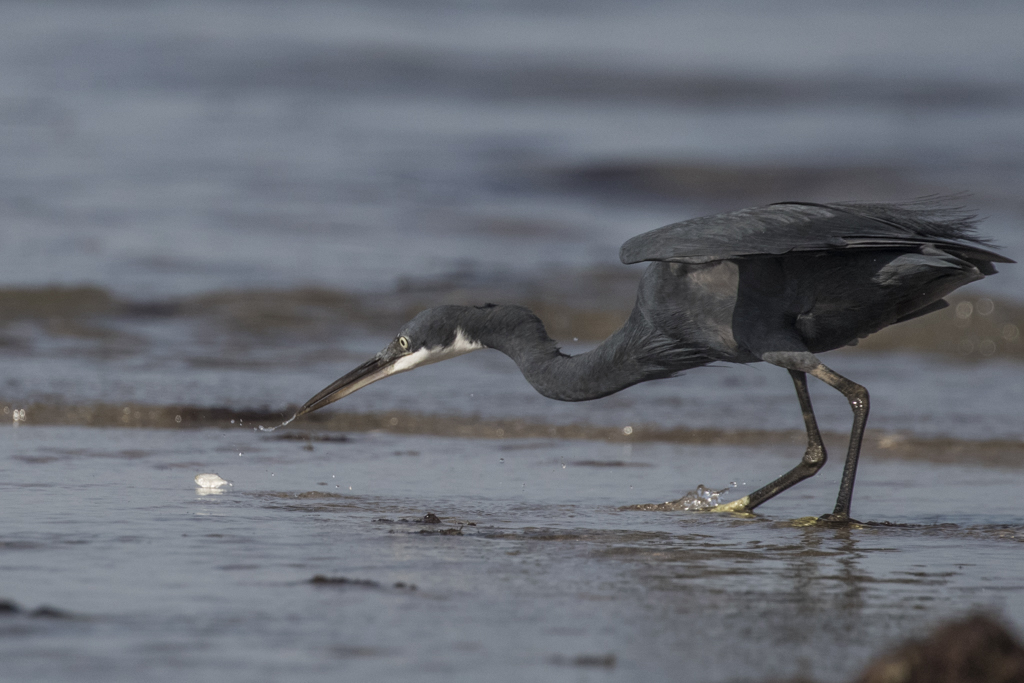
To be honest though the Reef Egret was something I had done to death on a previous visit so it didn't grab my imagination too much although a walk along the beach is very pleasant. In fact the beach is quite superb really, huge expanses with not too many people
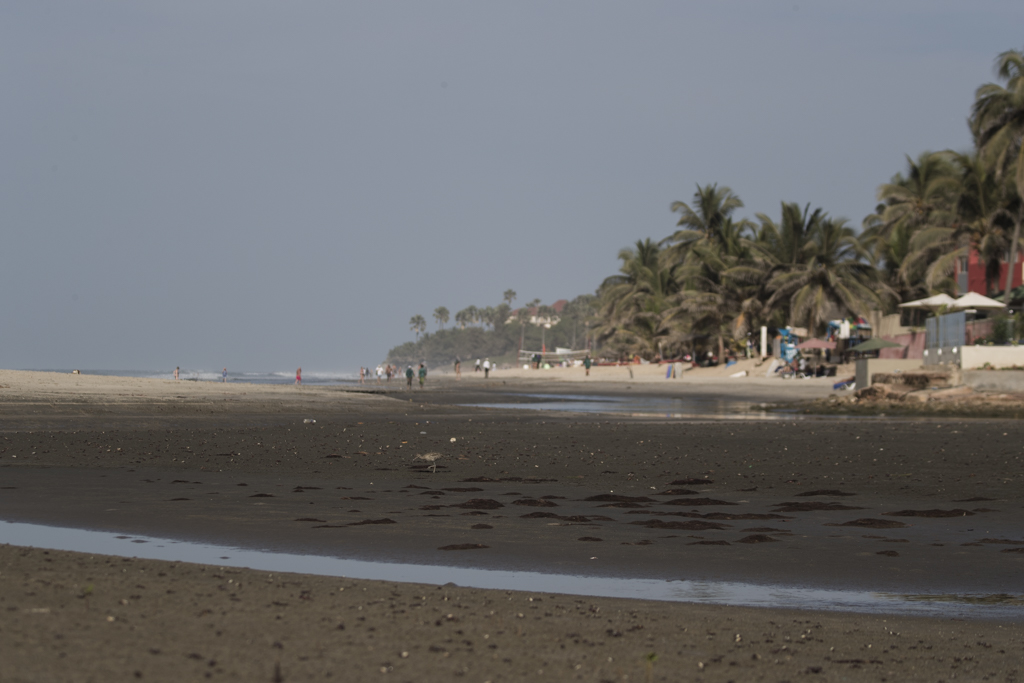
and with a half hour walk you can reach the more touristy Kololi area and the Senegambia hotel which used to be the birders favourite. Not sure that is still the case but the hotel grounds still hold a reasonable number of birds and is one of the best places to photograph the White-crowned Robin-chat where they seem to have increased in numbers since my last visit.
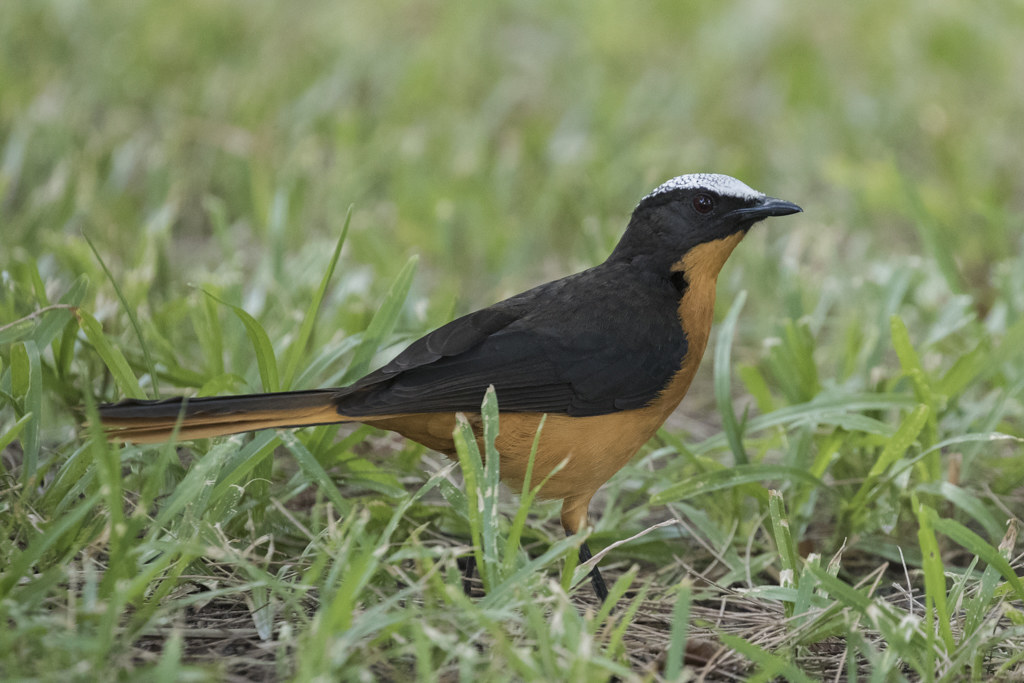
The other bird that regularly frequents the beach is the Whimbrel but that too doesn't have that much appeal as a photo challenge as it's another "been there, done that" when it comes to watching them catch crabs. This one was actually on the estuary rather than the beach.
Grab your crab by it's main attack weapon.
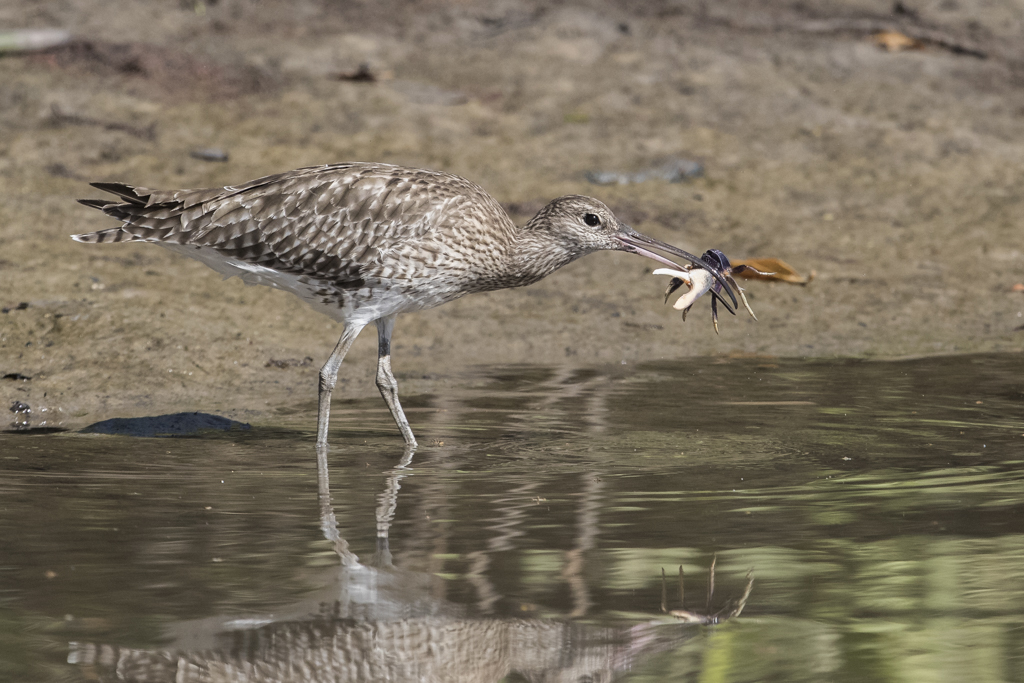
Then disarm it , literally, by shaking it violently until the body separates from the limb. The action is repeated in the most brutal and unpleasant death that is imaginable until the poor crab becomes a mere shell ready for swallowing.
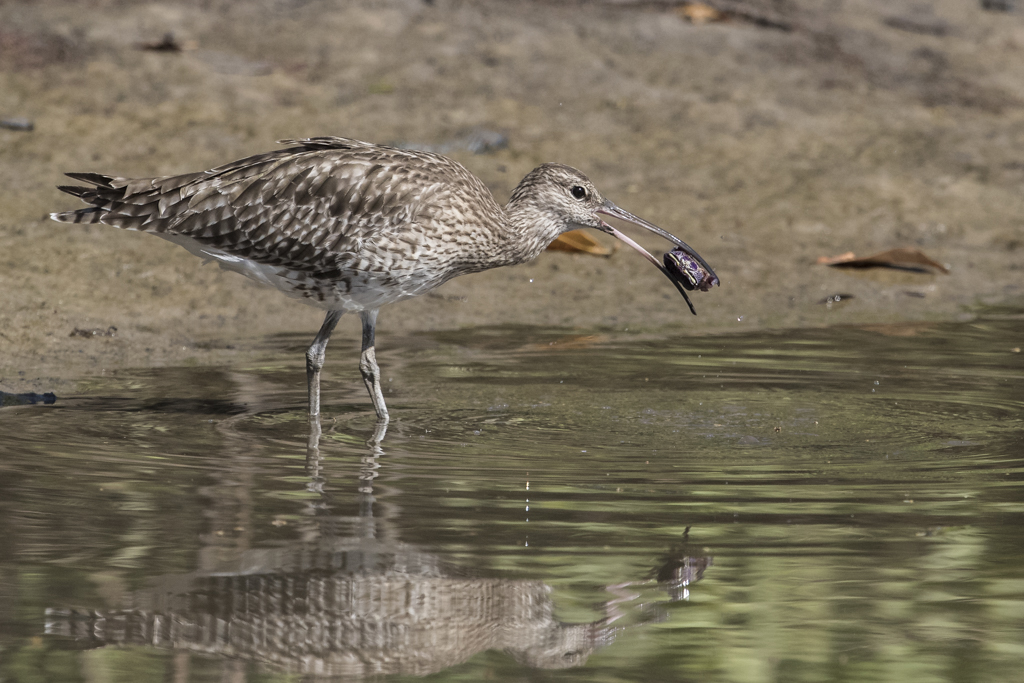
That action was found near to where you can cross over from the golf course at the top end of the creek too.
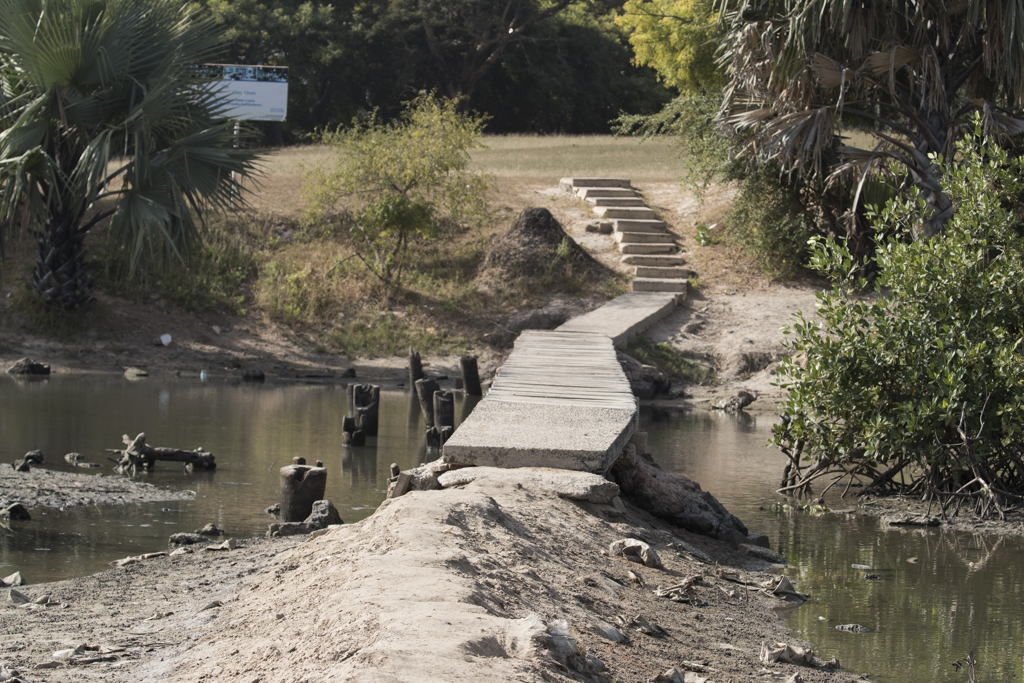
To my delight I discovered it was one of the Giant Kingfisher's haunts, depending on the state of the tide.
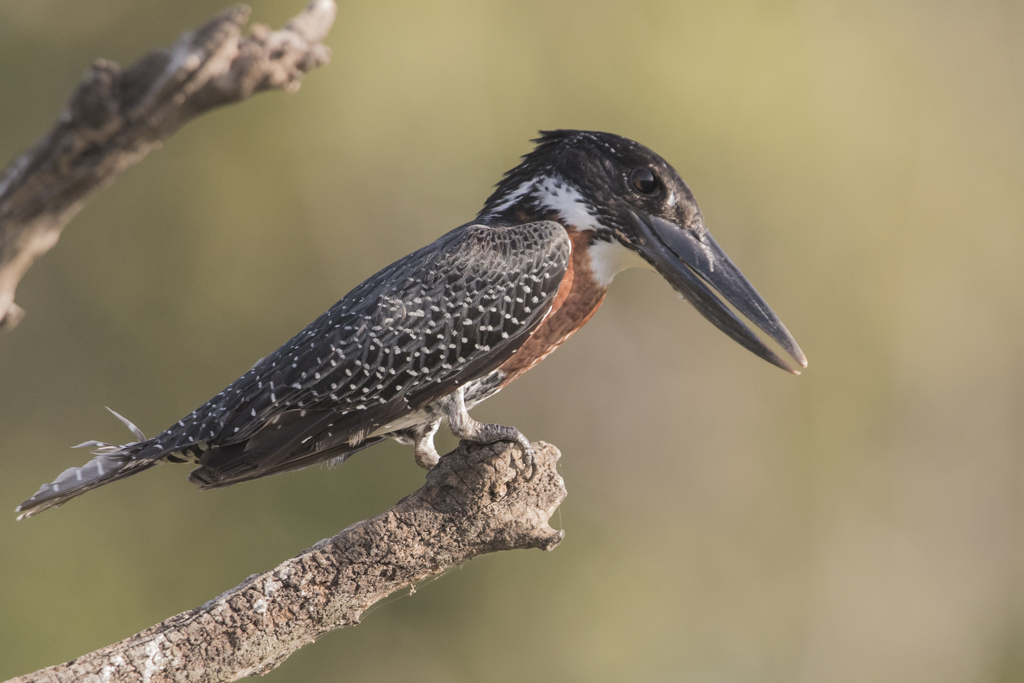
I tried on several occasions and got lucky on a couple with great views on a natural perch.
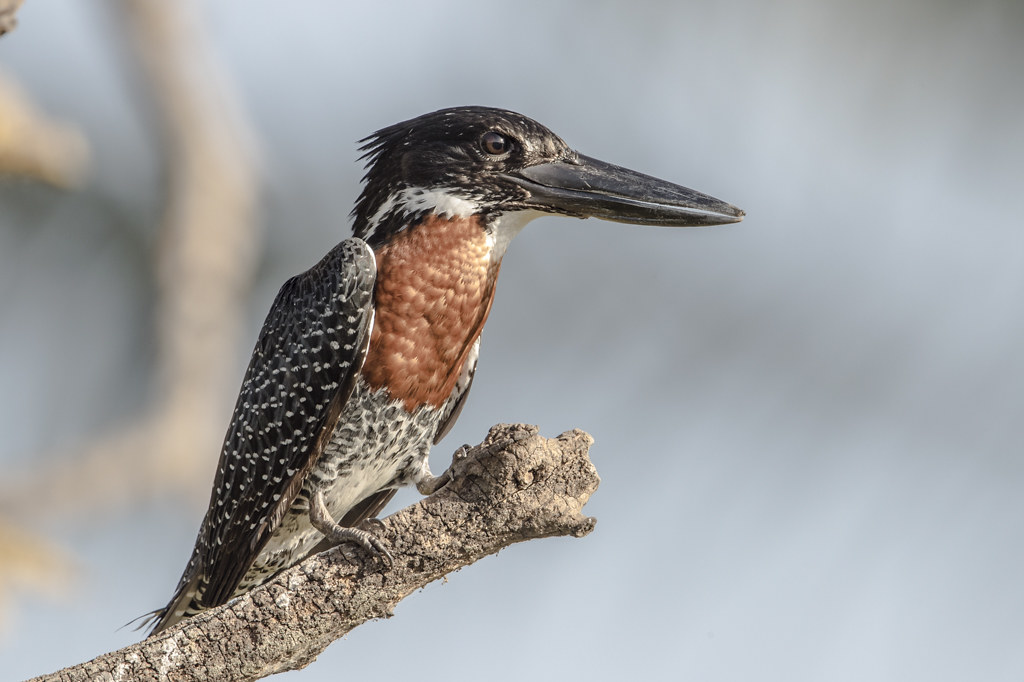
Sometimes I hung around for nothing, sometimes something different used the same tree.
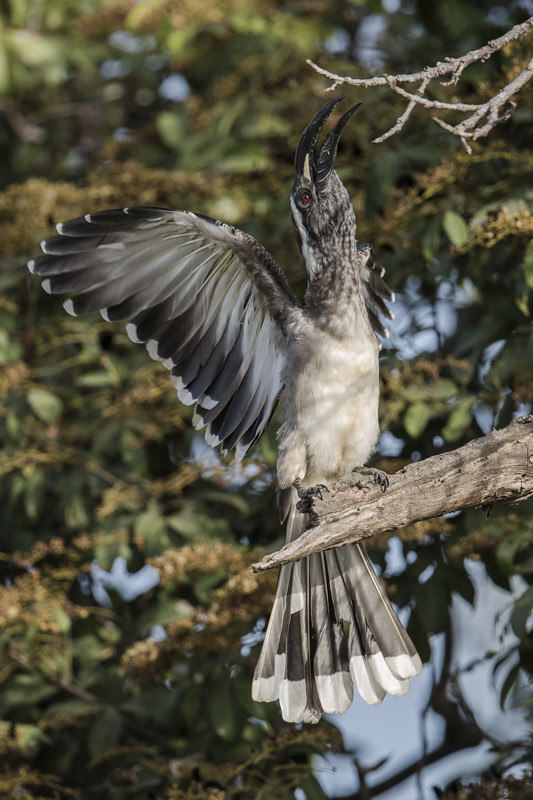
The African Grey Hornbill in display mode ! Easier to catch standing still.
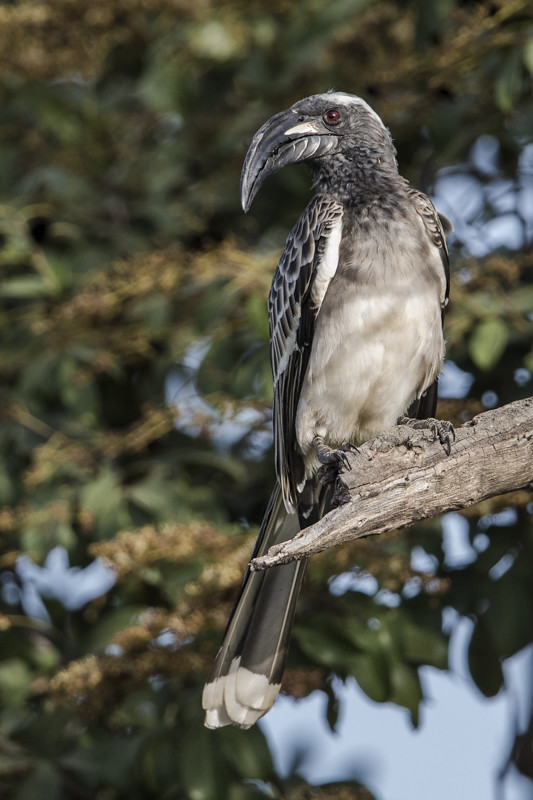
but much easier than trying to capture fast flying Little Swifts.
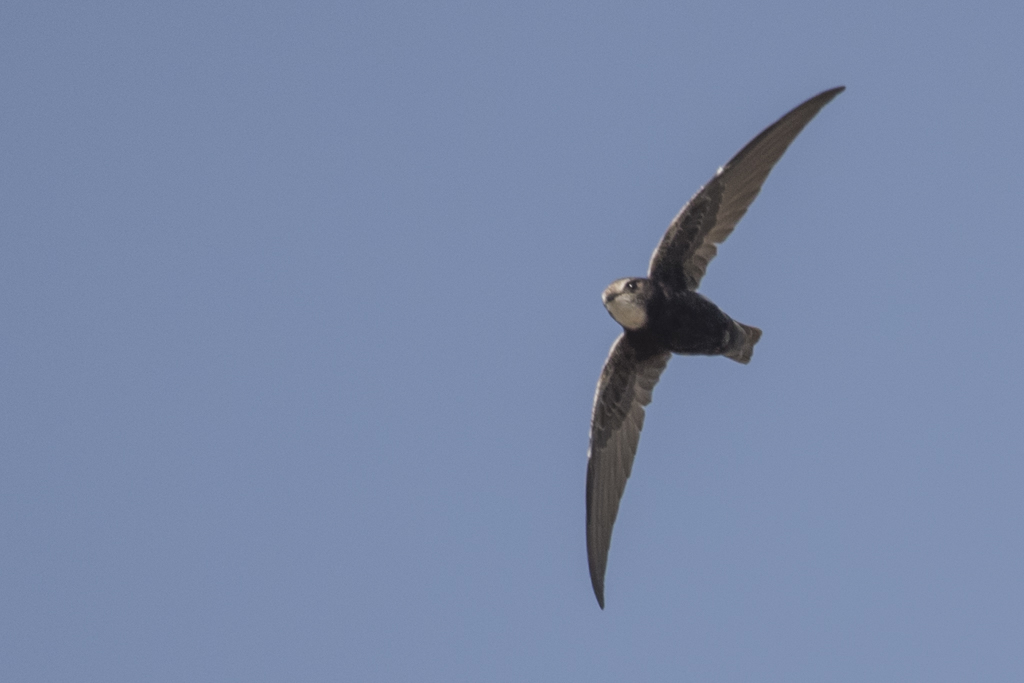
or African Palm Swifts.
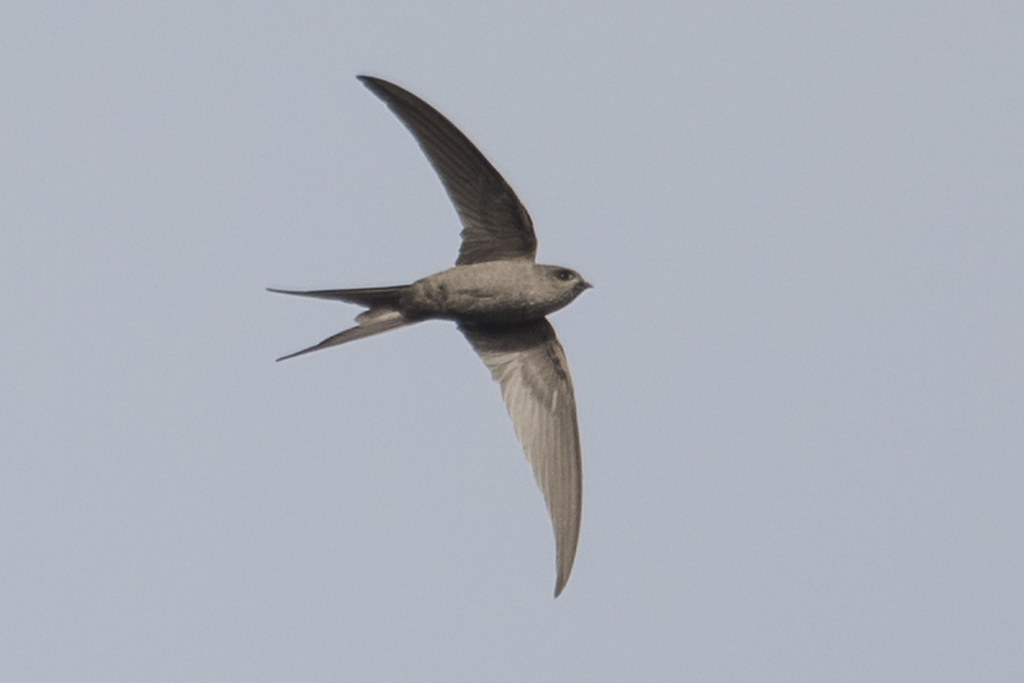
Hand holding my 600mm lens isn't that easy. Combined with trying to find your subject in the view finder it's a bit of a nightmare. I have a 500mm lens that is much easier to use but that had been left at home this time.
No, I'd brought the 600mm with two specific targets in mind and that was what I'd concentrate on doing.
T.BC.
No comments:
Post a Comment